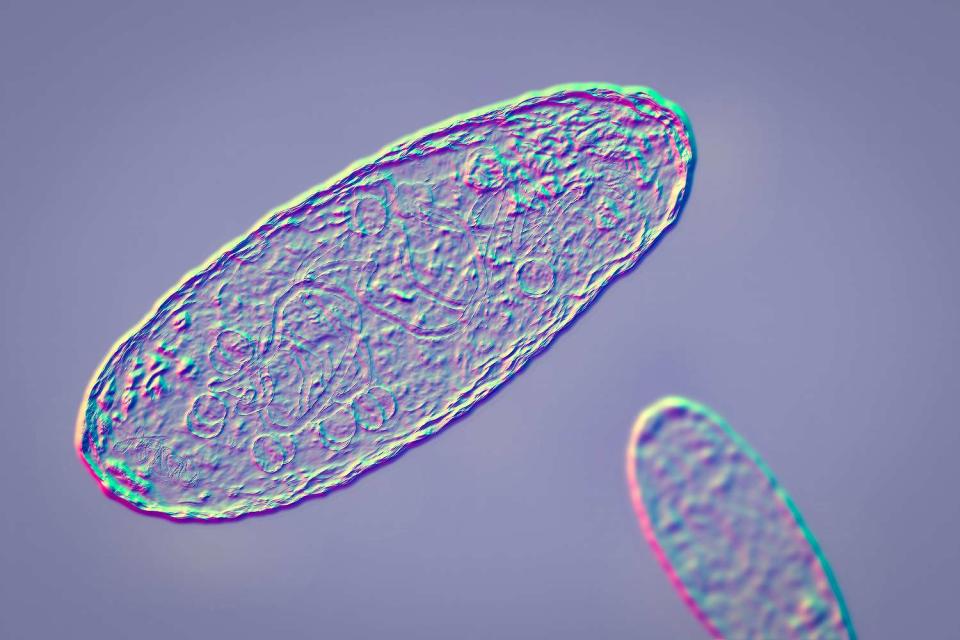Colorado Person Infected with the Bubonic Plague as Health Officials Detail Symptoms of the Disease
A resident of Pueblo County, Colorado has been infected with the disease, local health officials confirmed to PEOPLE

Getty
Stock image of bubonic plague bacteriaA human case of the plague has been confirmed in Colorado.
A resident of Pueblo County, Colorado has been infected with the disease, health officials confirmed in a news release. The infected person's identity has not been shared.
It is a case of bubonic plague, a spokesperson for the Pueblo Department of Public Health and Environment (PDPHE) confirmed to PEOPLE. The spokesperson also noted that because plague is endemic to the region, it is difficult to locate the exact source of infection.
An infectious disease, the plague is caused by the bacteria Yersinia pestis, which is most often found in small mammals and their fleas, according to the World Health Organization.
It occurs naturally in areas of the western United States, per the Center for Disease Control.
Related: People in 7 States Confirmed to Have Mosquito-Borne West Nile Virus: Know the Symptoms
There are two main forms of plague, pneumonic and the more common type, bubonic, per the WHO. Symptoms of both forms include “sudden fever and chills, severe headache, muscle aches, nausea, vomiting and a feeling of illness,” Pueblo County health officials note.
Bubonic plague, specifically, is “characterized by painful swollen lymph nodes,” per the WHO. It is also less severe, with a case-fatality ratio of 30 to 60 percent.
Pneumonic plague, meanwhile, is always fatal when left untreated.
Historically responsible for widespread pandemics with high mortality rates, plague is now “easily treated” with both antibiotics and standard precaution, health officials say. But treatments — which do not currently include a vaccine in the U.S. — must be administered swiftly.
To avoid infection altogether, however, local health officials have instructed Pueblo County residents to take a series of precautions, including avoiding contact with dead animals, and eliminating any places that rodents can hide and breed around your home, such as garages and sheds.
Officials also urge residents to keep pet food in rodent-proof containers, and to stop pets from sleeping in their beds or hunting in “rodent areas.” Plus, to avoid flea bites, treat pets regularly for fleas — “flea collars have not been proven effective” — and use insect repellent containing 20 to 30 percent DEET.
Never miss a story — sign up for PEOPLE's free daily newsletter to stay up-to-date on the best of what PEOPLE has to offer, from celebrity news to compelling human interest stories.
If you do develop plague symptoms, “see a health care provider immediately,” Alicia Solis, a program manager of the Office of Communicable Disease and Emergency Preparedness at the PDPHE, said in a statement.
“Plague can be treated successfully with antibiotics, but an infected person must be treated promptly to avoid serious complications or death,” Solis added.
The PDPHE is currently investigating the case in collaboration with the Colorado Department of Public Health and Environment.
For more People news, make sure to sign up for our newsletter!
Read the original article on People.

 Yahoo News
Yahoo News 
